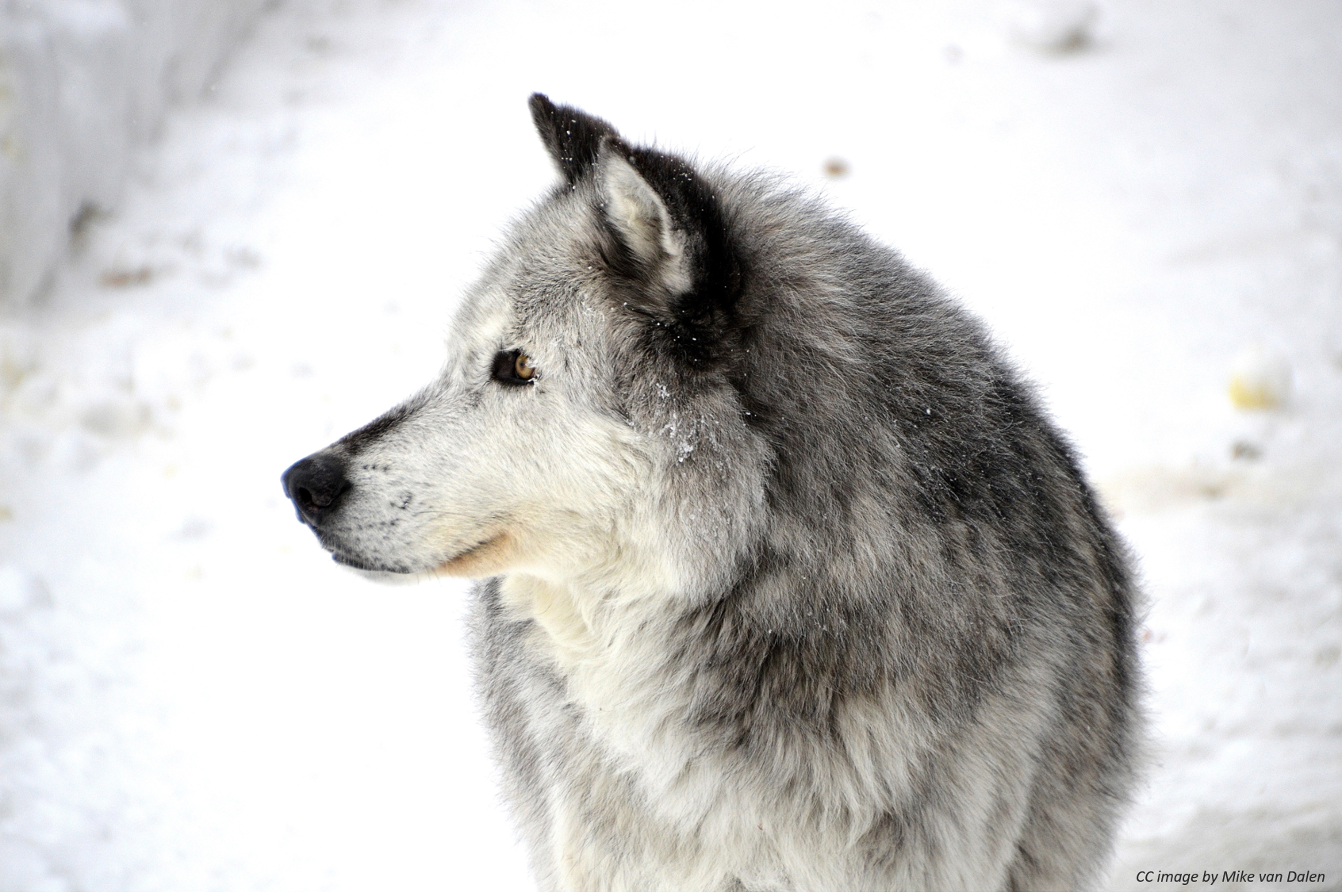Call of the Wild
I want my children to grow up with access to the same outdoor experiences that I’ve been lucky enough to have.

Last winter, on a backcountry ski trip to Yellowstone, I had the chance to spot a wolf running across a frozen river in the Lamar Valley. It was graceful and powerful. It was just a moment, but the memory will stay with me forever.
My time in Montana’s wild lands, and experiences such as that wolf-sighting, have shaped who I am and who I want to be. And like so many parents, I want my children to grow up with access to the same outdoor experiences that I’ve been lucky enough to have.
The wolf I saw — along with every other member of its pack — owes its life to the Endangered Species Act. Since Pres. Richard Nixon signed the ESA into law in 1973, the act has saved many species, including gray wolves, from disappearing forever and has put many more on their way to recovery.
Now, some members of Congress and the Trump administration are trying to weaken the ESA in ways that would benefit developers and the oil, gas and mining industries. The proposed policies would give scientists less say and make it harder for them to protect important habitat for imperiled fish and other wildlife.
These changes threaten to punch holes in the ESA’s safety net, leaving regulatory gaps just large enough for some of our nation’s most vulnerable species to fall through. If they fall far enough, of course, there’s no coming back. (Jurassic Park aside, we’re not yet bringing back species from extinction.)
Is it worth it? Is a little more gas in our pipelines or coal in our power plants today worth more than the promise that someday, my kids can sit with their kids and listen to the sound of a wolf’s howl piercing the cold mountain air?
One person’s coal mine is another’s poisoned well, and Montana’s rugged landscape is already scarred by shortsighted decisions from the past. But that’s not a world we have to live in anymore. Nor is it the future our children deserve.
I believe that sacrificing our mountains and our wildlife is no longer (if it ever was) the price we must pay for progress. During an age of remarkable advances in energy conservation and renewable technology, we can power our homes and protect our last best places at the same time.
But change is hard. The companies with a special interest in developing what’s left of the Wild West have a lot of influence, not just in Washington, D.C., and state capitols, but also over the hearts and minds of the American people. If we want to overcome them, we need to win more people over to a way of thinking that prioritizes the invaluable over the commodifiable. We need to choose the timeless beauty and wonder of our wild spaces over the fleeting profit of the oil and gas we can extract from them. And we need to do it soon — so my kids, their kids and yours will still be able, on a cold starlit night, to hear the call of the wild.

